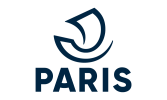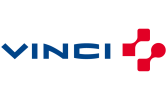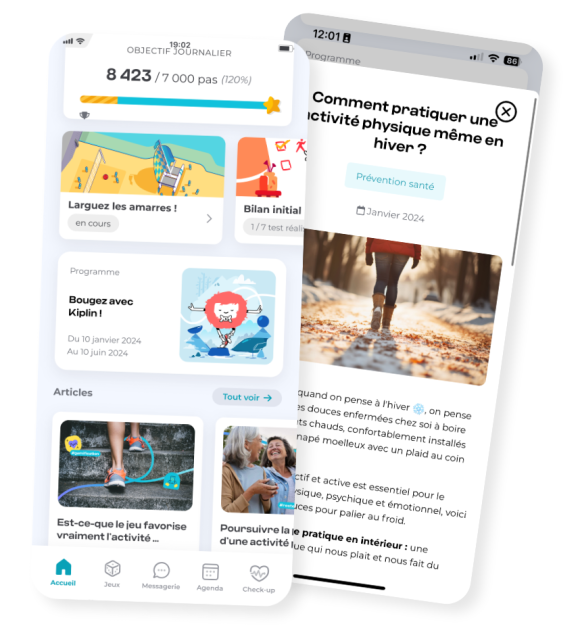
You'll never walk alone
Games
- Connected physical activity challenges, accessible to all
- Get your teams moving and hire as many employees as possible
- Teams, challenges, messages, encouragement
- Choose your thematic content
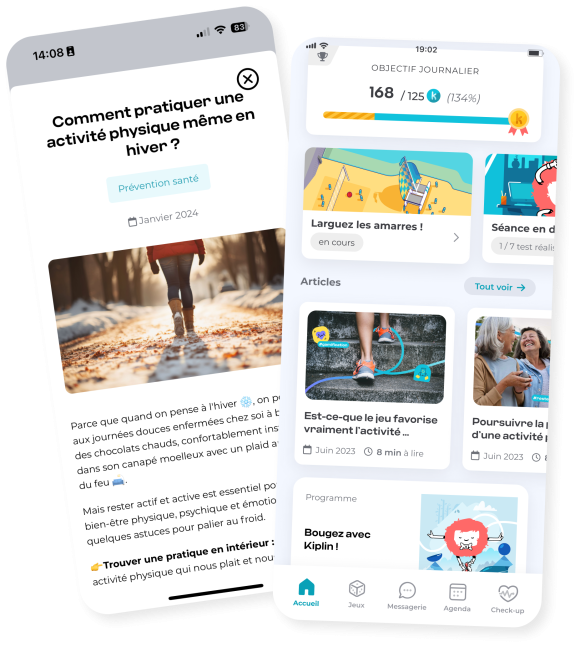
get up stand up
Annual program
- An annual program for all your subjects: move well, eat well, sleep well
- Promote the physical and mental health of your teams
- Employee bonuses to help them take care of themselves
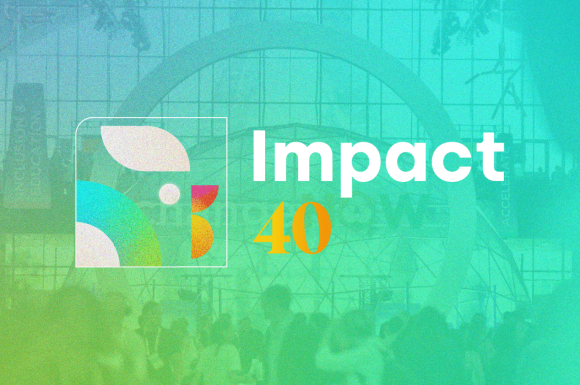
Efficiency
Kiplin is one of the 40 best impact start-ups
- 84 % Engagement
- 85% users want to play again
- Choose a solution with impact
They play with us


